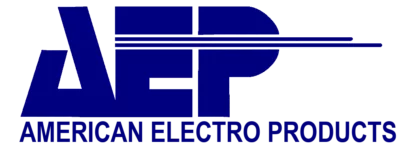 Electroplating can be a dirty business. The atmosphere is corrosive and humid, yet the parts being shipped must be clean and free of debris. The aerospace and defense industry in particular has strict requirements regarding Foreign Objects and Debris, or FOD. The challenge to the electroplater is to ship product that is free of any chemical residue. Sound’s easy, right?
Electroplating can be a dirty business. The atmosphere is corrosive and humid, yet the parts being shipped must be clean and free of debris. The aerospace and defense industry in particular has strict requirements regarding Foreign Objects and Debris, or FOD. The challenge to the electroplater is to ship product that is free of any chemical residue. Sound’s easy, right?
Not exactly. Often, parts are small, or even microscopic and have difficult part geometries. Tiny components with deep blind holes tend to pose the greatest challenges. Chemicals like cleaners and acids need to get into and out of the holes, but air entrapment and surface tension prevent good solution exchange.
Advancements with ultrasonics, vibratory and spouted-bed-electrode equipment have made plating these parts possible. Part geometries which weren’t able to be plated in the past, now get full plating and rinsing. Though a challenge remains: preventing water stains.
The secret to avoiding them? The water used must be as pure as possible. City water is certainly not an option. It contains chlorine, organics and metal ions which will leave a residue. The solution lies in a two step process: carbon treatment combined with deionization. This results in a true purified water “blank”; leaving nothing but water in its purest form. Deionized water is an easy choice but keeping it clean is the next hurdle.
Deionized water’s quality is optimal as soon as it is made. If it resides in a tank, it will soon grow algae. If it travels through metal pipes, it will pull metals from the inner surfaces. Simply put, having a deionized water system in a remote area of the plant that supplies multiple production departments will never provide the cleanliness that the aerospace industry demands.
The final piece to the puzzle is having multiple deionized water stations located at each point of use. Point of use systems guarantee the best water quality possible, which will leave no residue on the electroplated parts.
The process to purity is complex, but necessary to achieve the cleanest parts that meet the most demanding quality requirements. The cleanest surface you may ever have is a freshly gold-plated part; why dirty it with city water?

